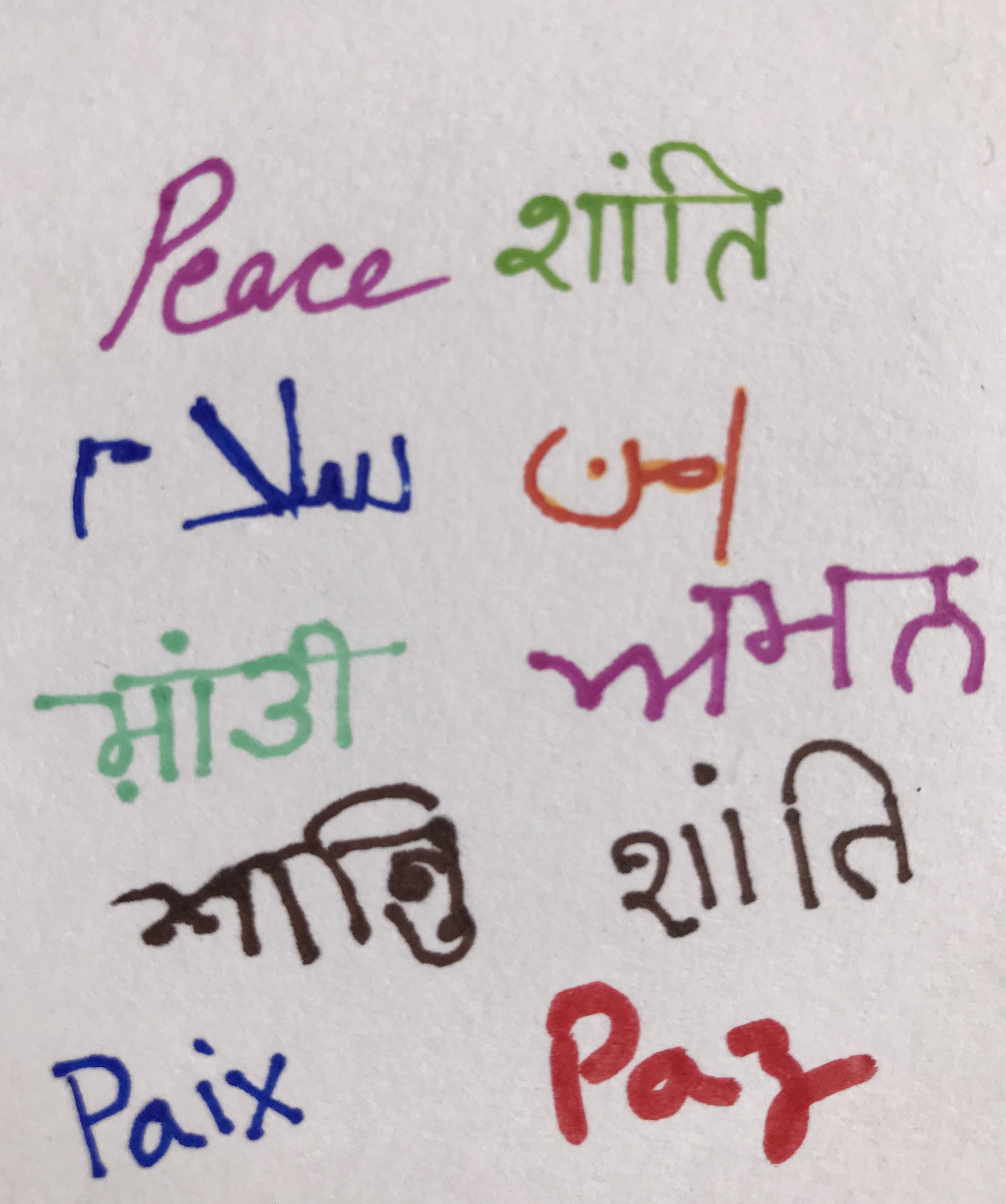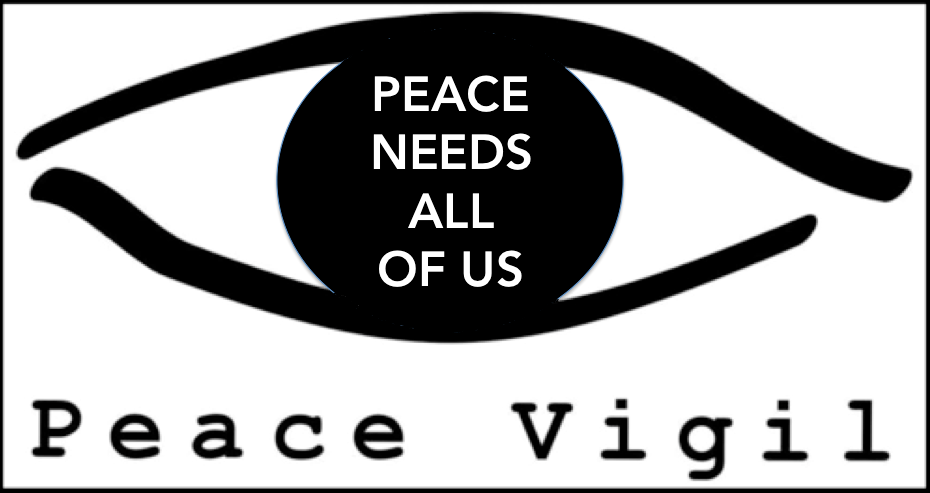How I learnt to keep my inner patriarch (and mampara) in check
[This post originally appeared on the South African news website the Daily Maverick.]
This month a man shot Zolile Khumalo dead. A man burned the body of Karabo Mokoena after the same man killed her. A man murdered Reeva Steenkamp. Men gang-raped and then killed Hannah Cornelius.
This is an incomplete list of recent violent crimes targeting women in South Africa. Each case is different – most were committed by lovers or former lovers of the victim. But there is one thread that runs through all of these – the crimes were committed by men. Men make up more than 90% of homicide perpetrators worldwide, and account for more than three-quarters of murders or attempted murders against spouses.
A year ago, when the hashtag #MenAreTrash started trending on Twitter in response to the shocking death of Karabo Mokoena, the pushback was instantaneous. Women commit crime too, we were told. Not all men, we were told. The pushback was so powerful that it changed the conversation. Instead of the discussion we should have been having around structural change, we were debating whether or not it was right to say that men are trash.
We can debate phrasing, but the facts are clear. Men are much more likely than women to treat other human beings – especially women – like trash. To change that reality we need to change how men are socialised. In the meanwhile, patriarchy is pretty trashy.
The patriarchal system means that men can treat women as less than human. It is the definition of male privilege, the stuff of Feminist Theory 101 classes taught to first-year university students all over the world.
What does it mean to say that men are trash? We should first clarify what it doesn’t mean. It does not mean that all men are rapists; it does not mean that you, dear reader, haven’t met a nice guy or two. All men do not exhibit the symptoms of toxic masculinity in the same way or to the same extent.
But the virus of toxic masculinity is a part of all men. If they are good people it is despite toxic masculinity, not because of it. They may have the disease under control, be able to lead perfectly normal lives. But the virus is still there.
To back up these statements I offer my own experience. I will be frank and say that I hesitate to do so. Too many men invoke their “allyship” or “wokeness” or other feminist cred as a badge of honour. But this isn’t about me. It’s about the systems that make me who I am. Because they are the same systems that make you who you are.
When I was first exposed to feminist thinking I had to do some introspection. I was being told that an anthropological term – patriarchy – was descriptive of modern cultures. All the cultures I had been exposed to as a child and probably all the cultures that I would ever know as an adult privileged men over women. Well, I asked myself, how do you test such a hypothesis?
The easiest thing was to reflect on my own experience. Was it the case that women were undervalued and under-appreciated in my childhood? My father was ahead of his time for a South Asian man in some respects – he helped with the housework.
After my family were forced by war to leave their home country, he had no issues with going back to university while my mother worked so that we could afford the university fees and the rent. But I still knew what women’s work was; I knew that the man was meant to be the primary breadwinner.
In the Anglican boys high school that I attended in Washington, DC, sexism was an integral part of the sense of entitlement that we were taught to inculcate within ourselves. “Be a man” and “don’t act like a girl” were phrases I heard every day. And in my own personal relations with girls and young women, I had a tendency to dehumanise women through valuing them either too much or too little. (Later I would come to understand this as the “Madonna-whore” dichotomy.)
What did the introspection teach me? I did not have enough evidence to prove that patriarchy exists as a global phenomenon (I needed much more study to come to that conclusion). But I had enough evidence to conclude that patriarchy exists within me. It was something I was going to have to be aware of. I was going to have to develop behaviours and relationships that kept my inner patriarch in check.
In my personal relationships, I would have to consider carefully what I said and did.
“Am I saying this because it is genuine and constructive communication to a partner, or am I saying this because that’s what I’ve been brought up to believe?” is a question I’ve often asked myself. My inner patriarch was violent and spoiled, willing to lash out at others to get its way. I therefore had to make a serious commitment to nonviolence, not just as a theory of social change but as a principle by which to live.
Of course, patriarchy isn’t the only form of privilege. Race privilege post-apartheid is something that we will be debating for many more years. Other -isms tend to be made fun of – I can almost hear people rolling their eyes when I say a word like “ableism” or “ageism” or “heteronormativity”. Don’t worry if you’re feeling overwhelmed. There’s a cheat to help us curb our inner mampara.
Ask yourself two simple questions: First, what power do I bring into this room? And second, did I do something to deserve that power, or is it there because of societal power dynamics that would exist without me?
That’s the beginner version. As you get more advanced, you can continue. Are those power dynamics justified? If so, how? Do my justifications for my power depend on appeals to human nature? If so, have I really considered whether the scientific evidence backs up my prejudices?
If the power dynamics are not justified, how can I approach this conversation, this relationship, in a way that attempts to disturb that entrenched power? How am I, in this exchange that hasn’t yet taken place, going to make patriarchy, white privilege and/or class privilege less of a lived reality?
In other words, one must develop a modicum of self-awareness. That’s all it takes. Yes, all men are trash. But to the extent we can be aware of our own patriarchal tendencies, we can be part of the process of undermining patriarchy. And that would be beautiful.




